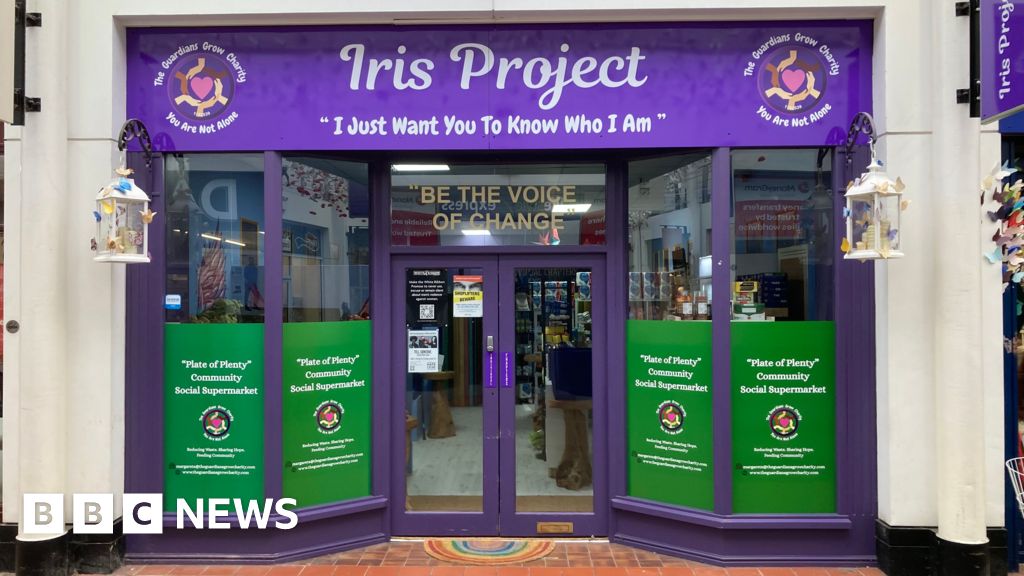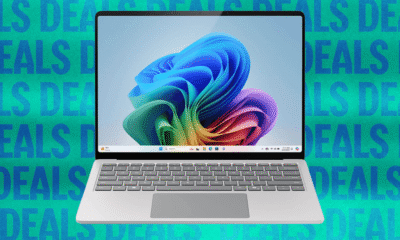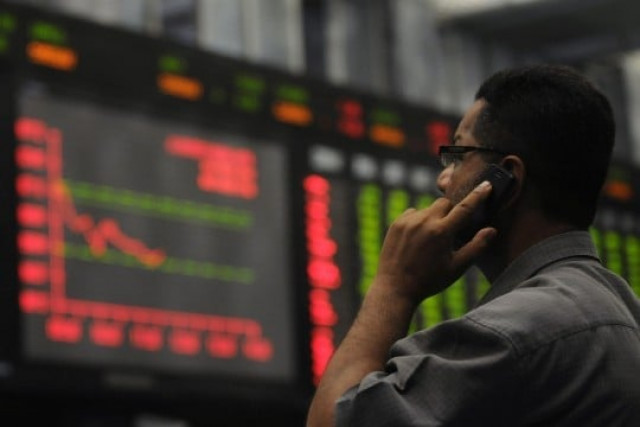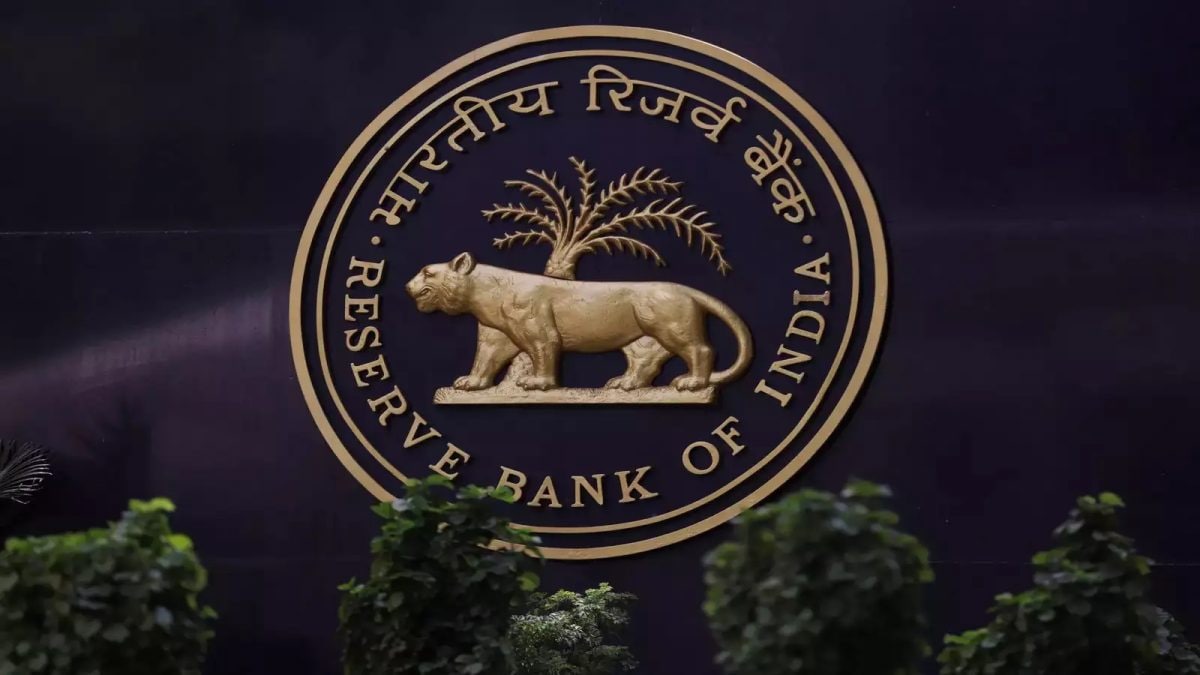Business
Japan’s agency R&I upgrades India’s sovereign credit rating – The Times of India

NEW DELHI: Japanese credit rating agency Rating and Investment Information (R&I) on Friday upgraded India’s long-term sovereign credit rating to ‘BBB+’ from ‘BBB’ and retained the “stable” outlook, citing growth prospects, progress on fiscal consolidation, and reforms undertaken by govt. This is the third upgrade by a sovereign credit rating agency this year, following S&P’s upgrade to ‘BBB’ (from BBB-) in Aug and Morningstar DBRS’ upgrade to ‘BBB’ (from BBB (low)) in May 2025.R&I said the impact of the tariffs imposed by US on India’s economy will be limited. “The US has raised its tariff rate on India to 50%. While this may pose a risk factor for economic outlook, India’s economy is mainly driven by domestic factors and its dependence on exports to the US is not high,” the ratings agency said in a statement, adding that GST rate reduction, which will kick in from Sept 22, would help minimise the impact.The agency said the economy will maintain the growth rate in mid-6% range from FY26 onwards, backed by population growth, the catch-up effect of income and govt’s public investment and economic policy, among other factors. The govt welcomed the decision by the ratings agency. “Three credit rating upgrades for India in five months reflect increasing global recognition for India’s robust and resilient macroeconomic fundamentals and prudent fiscal management and underscore global confidence in India’s medium-term growth prospects amid prevailing global uncertainties,” said an official statement.The rating agency said govt is striving to reduce the fiscal deficit, which narrowed to 4.8% of GDP in FY24. “While govt has been increasing capital expenditures, it managed to reduce the fiscal deficit, thanks to the tax revenue increase backed by strong domestic demand as well as the cut of subsidies,” said R&I.
Business
Hyundai i20 becomes Rs 87,000 cheaper: Now starts at Rs 5.99 lakh – Best time to buy?

Hyundai i20 Price Cut Details: Hyundai Motor India has made the i20 more affordable by cutting prices for several variants. Now the premium hatchback is more accessible to buyers with a starting price of Rs 5.99 lakh (ex-showroom). Earlier, the entry price was Rs 6.86 lakh. That is a big drop for a car in this segment.
Official Statement
Commenting on the announcement, Sunil Moolchandani, National Sales Head, HMIL, said, “With the new starting price of Rs 5,99,000, we are making the i20 experience even more compelling, accessible and desirable for customers. This reflects our commitment to offering value-driven mobility solutions.”
New base variant
The i20 lineup now starts from the Era variant, priced at Rs 5,99,000 (ex-showroom). The variant comes equipped with 6 airbags, digital instrument cluster, front and rear skid plates, body-colour ORVMs and door handles, Type-C USB charger and telescopic steering.
Hyundai has also reduced prices for the mid-level trims. The i20 Magna Executive now costs Rs 6,73,900, compared to Rs 6,86,865 earlier. The i20 Magna is priced at Rs 6,99,900, down from Rs 7,12,385. All prices are ex-showroom.
Hyundai i20 Magna Executive features
The Magna Executive variant comes equipped with a digital cluster, front and rear skid plates, shark fin antenna, Highline Tyre Pressure Monitoring System (TPMS), automatic headlamps, telescopic steering, keyless entry, electrically adjustable ORVM and steering wheel with audio & Bluetooth controls.
Hyundai i20 Magna features
Building on this, the Hyundai i20 Magna variant further enhances the premium quotient with features such as an electric sunroof, LED DRLs, rear AC vents and front armrest with storage.
Hyundai is also offering a 10.1-inch touchscreen infotainment system as a dealer-installed option. It supports wireless Apple CarPlay and Android Auto and comes with a rear camera. This package costs Rs 14,999 and includes a 3-year warranty on the screen.
Business
Indian stocks settle in red on profit booking; Sensex dips 504 points

New Delhi: Indian stock indices settled lower on Thursday, with analysts attributing the decline to profit booking following the recent uptick after the announcement of the India-US trade deal.
Sensex closed at 83,313.93 points, down 503.76 points, or 0.60 per cent, while Nifty closed at 25,642.80 points, down 133.20 points or 0.52 per cent, respectively.
According to Vinod Nair, Head of Research, Geojit Investments Limited, Indian equities saw consolidation, as weakness was followed by a sharp rally in recent sessions driven by optimism around the US-India trade deal.
Nair said possibly profit booking was at play today.
“Global cues added further pressure, with concerns over a broad-based tech sell-off in international markets and heightened US-Iran tensions leading to risk-off sentiment. Metals and small-cap stocks were key underperformers, while broader indices reflected cautious trading,” Nair added.
Market participants are now turning their attention to the upcoming RBI policy meeting slated for Friday. “With India’s growth outlook remaining strong, consensus expectations point toward a status quo on rates,” Nair said.
Ponmudi R, CEO of Enrich Money, a SEBI – registered online trading and wealth tech firm, said Indian equity markets traded in a tight range, signalling a wait-and-watch phase as investors remained cautious in the absence of fresh domestic triggers.
“While overall sentiment remained stable, the benchmarks struggled to sustain momentum at higher levels, reflecting a lack of follow-through buying despite earlier positives,” Ponmudi R said.
RBI Governor Sanjay Malhotra, after the December MPC meeting, characterised India’s current macroeconomic moment as a “rare goldilocks period”, that marks high economic growth and exceptionally low inflation.
The monetary policy committee of the RBI had cut the repo rate by 25 basis points to 5.25 per cent, after the three-day review meeting that had concluded in December 5.
Business
Nuneaton social supermarket aims to provide affordable food

The charity’s founder says the supermarket also aims to help users get support from other services.
Source link
-

 Sports1 week ago
Sports1 week agoPSL 11: Local players’ category renewals unveiled ahead of auction
-

 Entertainment1 week ago
Entertainment1 week agoClaire Danes reveals how she reacted to pregnancy at 44
-

 Sports1 week ago
Sports1 week agoCollege football’s top 100 games of the 2025 season
-

 Politics1 week ago
Politics1 week agoTrump vows to ‘de-escalate’ after Minneapolis shootings
-

 Sports1 week ago
Sports1 week agoTammy Abraham joins Aston Villa 1 day after Besiktas transfer
-

 Entertainment1 week ago
Entertainment1 week agoK-Pop star Rosé to appear in special podcast before Grammy’s
-

 Tech1 week ago
Tech1 week agoThe Surface Laptop Is $400 Off
-

 Business1 week ago
Business1 week agoPSX witnesses 6,000-point on Middle East tensions | The Express Tribune






